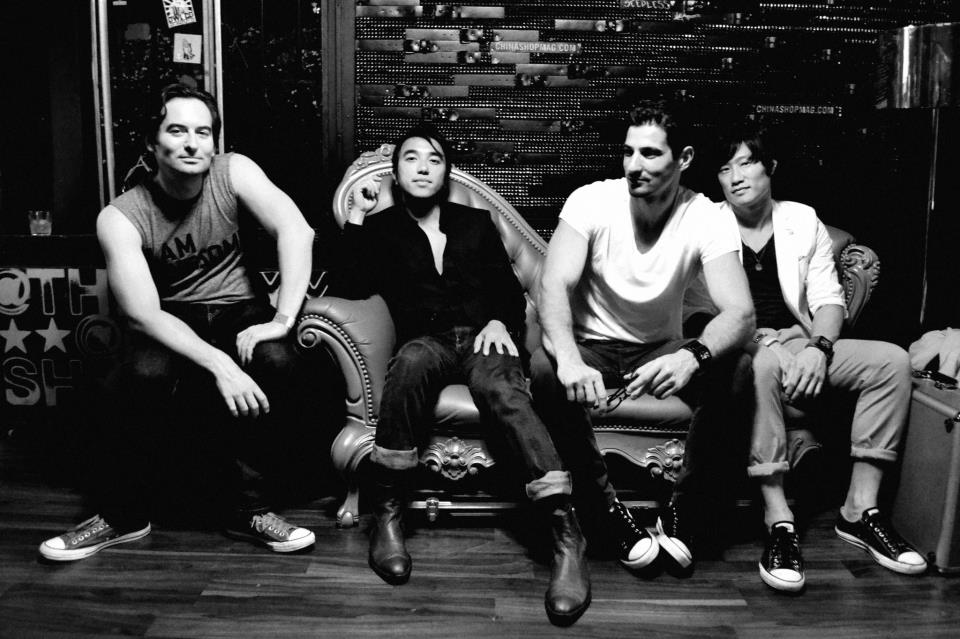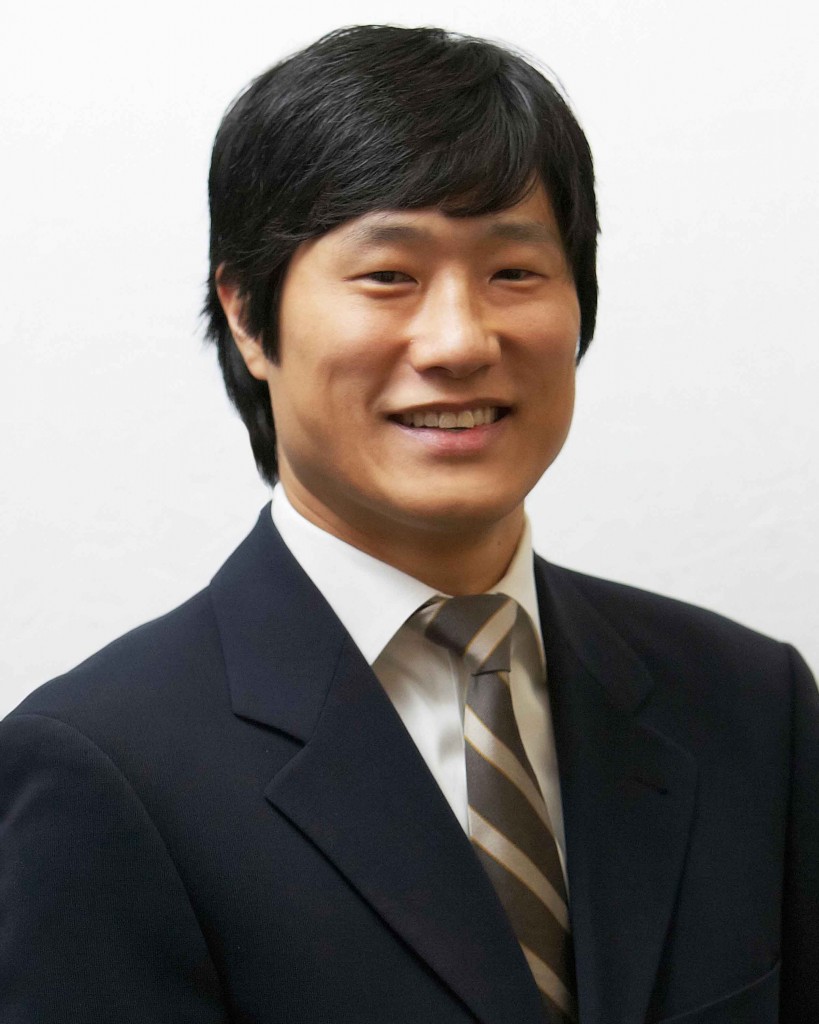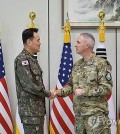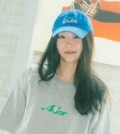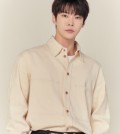- California Assembly OKs highest minimum wage in nation
- S. Korea unveils first graphic cigarette warnings
- US joins with South Korea, Japan in bid to deter North Korea
- LPGA golfer Chun In-gee finally back in action
- S. Korea won’t be top seed in final World Cup qualification round
- US men’s soccer misses 2nd straight Olympics
- US back on track in qualifying with 4-0 win over Guatemala
- High-intensity workout injuries spawn cottage industry
- CDC expands range of Zika mosquitoes into parts of Northeast
- Who knew? ‘The Walking Dead’ is helping families connect
Doctor Robert Kang is surgeon by day, rock star by night
By Brian Han
Doctor by day, rock star by night.
Well maybe not a rock star, and if you ask Dr. Robert Kang himself he’ll downplay his musical endeavors by calling them just a hobby. But his role as a guitarist and vocalist in the band “Help The Doctor” amounts to a bit more than that.
Although the four surgeons only get together a few times a year to play in big cities like Los Angeles and Toronto, they’ve put together sold out shows performing original tunes that feed into the nostalgia of 90′s rock a la Weezer.
“The songwriting has nothing to do with medicine,” Kang said. “We work with universal themes about life and love and those sort of things. Something that everyone can relate to.”
With the proceeds from these shows, the majority of it is donated to their charity of choice while the rest is spent on covering the cost of traveling and putting on the show.
Preparation takes a lot of time that these medical professionals don’t necessarily have. In addition to raising families and having one of its members 2,500 miles away, they make it work anyways.
“We have to write new songs in the two weeks leading up to the show because that’s when the four of us can get together usually,” he said. “We don’t want to play the same things over and over. So we meet after work from 7 to 11 three times a week and then there’s driving across town lugging heavy equipment… It’s a lot of work, but we enjoy it so it doesn’t seem like work.”
During the day, Kang is a facial plastic surgeon at the City of Hope hospital in Southern California.
This specific combination of profession and geography can conjure up a handful of less than flattering connotations, but the truth is that there is a lot more to his work than the average person will most likely ever know.
As it turns out he’s crafted the ideal response to anyone who might send any judgment his way.
“I only know the answer to that question because I’ve had to deal with it for the past couple of years and I think I’ve got it figured out,” Kang said. “So I usually say facial plastic surgery and then I qualify that by saying I work at a cancer center and I focus on head and neck cancer reconstruction. It does need some clarification especially here in L.A.”
More recently the 39-year-old surgeon was tasked with rebuilding a young woman’s tongue after she lost it due to a battle with cancer.
Portions of skin from other parts of the body are used to reconstruct what was removed in the previous procedure. In this instance it was soft tissue from her forearm.
“What was gratifying about this particular case is that it’s a very young patient and three quarters of her tongue would be removed,” he said. “The ramifications include the patient potentially not being able to speak or swallow for the rest of their life. It’s more poignant in a younger patient.”
After a successful operation, he still gets to see her from time to time when she’s back at the hospital for routine checkups.
It takes a degree of artistry to decide the best course of action for the patient.
“Head and neck reconstruction allows me to be more creative,” he said. “When you’re taking tissue from somewhere else on the patient, you have to design it, draw out what shape it is and what ends will suture where. Not every defect is the same.”
Despite his impressive work as a surgeon, when asked about his proudest achievement the topic shifts back to music.
“One of the best days of my life was when I won the concerto competition at Brown [University],” he said. “I was this pre-med guy who was not devoting myself necessarily to music, yet I was recognized for my musical ability. Then to have everyone I know fly into town and watch me play with the orchestra was definitely a highlight.”
Claiming the prize among music and performance majors was another source of satisfaction.
“Being recognized among your peers in medicine for things like research awards are nice too, but to pick one up in someone else’s was pretty great,” he said with a grin.
Like many Korean Americans, Kang was introduced to an instrument at a very early age. He started with classical piano, which sparked his interest in a myriad of other instruments.
Becoming a professional musician even crossed his mind from time to time, but once his sights were set on medicine he knew it was the right decision.
“I just figured becoming a doctor aligned with my strengths and weaknesses well,” he said. “There was never any pressure from my family to become one. The only thing they wanted from me was to work and do whatever I chose well.”







